Abstraction. To be drawn away?
In the last few days, I’ve started discussions with artists using abstraction, both ones I know but also some who are new to me. There are already many different interpretations of what abstraction is, be that in the process of making, thinking, or connecting inputs to create work that stops short of telling you what it is. I love the place of exploration that is abstraction, it holds so much potential to surprise, to question or to bring joy or wonder, as in my experiments with latex and ink (shown below)
ABSTRACTION. noun
The quality of dealing with ideas rather than events.
1.1 count noun Something which exists only as an idea.Freedom from representational qualities in art.
2.1 count noun. An abstract work of art.A state of preoccupation.
The process of considering something independently of its associations or attributes.
The process of removing something, especially water from a river or other source.
Lexico
Petri Latex, 2015, image 95.
This stage of the Re/Defining Abstraction Research Project holds so much wonder for me and it has me thinking around the word itself – abstraction – it’s not one thing, it can’t be defined in a word, it’s the non-concrete, the ethereal, the allusion.
I have decided to think about the word from a linguistic perspective, where it comes from in past languages, this often holds the potential to learn some of the subtleties behind a word, in this case it comes from Latin via Late Middle English, the verb ‘abstrahere’ or ‘draw away’. This is rather evocative, particular when viewed from a modernist perspective within art. The development of abstraction as a distinct branch of art has involved moving away from norms, from the need to represent something real, that exists, or to attempt to make things real as was often the case with religious art.
I wonder how this literal drawing away must have felt for the likes of Rothko or Mondrian as they forged a new path where the non-figurative had the same power to connect with the viewer? Did they enjoy the ability to scare those around them with something new and shiny, or was it for them a sense of need, to express something that couldn’t be defined?
From one perspective I think that abstraction is very human, and the need to ascribe meaning where none exists. Think of those living thousands of years ago looking to the heavens and finding meaning in the placement of stars, or in their world view seeing them as stars when many of the stars in the skies are distant galaxies.
Delving deeper into the semantic definitions (see top left), the different interpretations generally talk about ideas and the freedom of ideas; and also, that of preoccupation, something that makes a lot of sense to me as someone who’s mind is always whirring away trying to process things or choose next steps.
I hope that over the coming months, I get to spend time hearing about how different artists, working in divergent areas rationalise ideas of abstraction and put them to use in creating new work. I’m particularly interested in this when considered in concert with the figurative, is it easier or more complex to communicate without representation? How does an artist connect with an audience with a surface and not a something? Does it matter?
One quote from the Tate on the birth of abstract art suggests that “an artist working in an abstract way might want to make something striking and beautiful, whisking us away from the humdrum realities of the everyday.” I love this for its simplicity, the desire to be drawn away, to be given space to just ‘be’. I look forward to finding out if it is in fact this simple.
References
Tate. 2021. A Brief History of Abstract Art with Turner, Mondrian and More – Look Closer | Tate. [ONLINE] Available at: www.tate.org.uk/art/brief-history-abstract-art-turner-mondrian-and-more. [Accessed 17 November 2021].
Lexico Dictionaries | English. 2021. ABSTRACTION | Meaning & Definition for UK English | Lexico.com. [ONLINE] Available at: www.lexico.com/definition/abstraction. [Accessed 17 November 2021].


